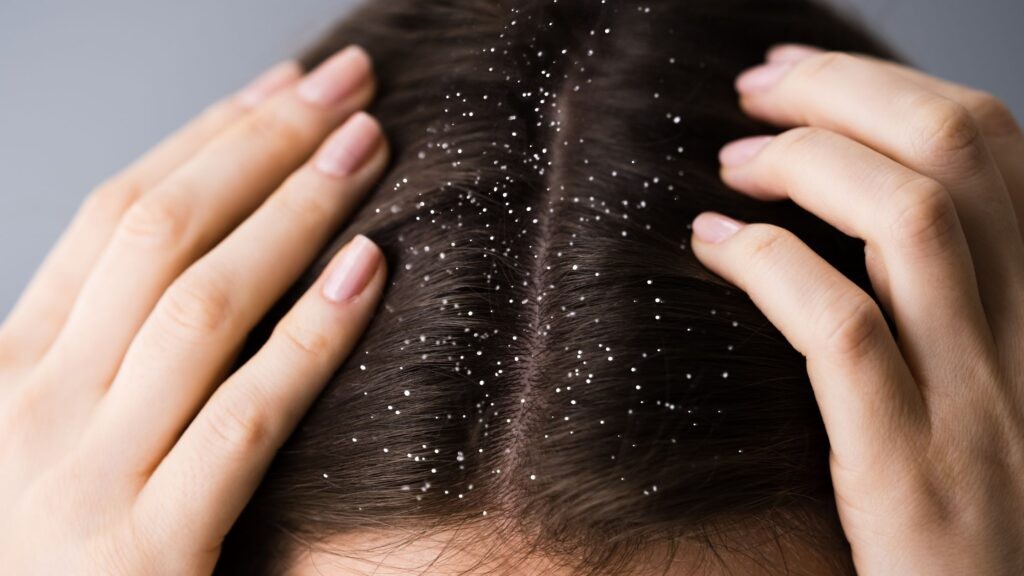Many individuals have dandruff. It produces flakes and irritation. Treating dandruff is quite important. But it requires a proper understanding of its cause. There are different types of dandruff. They need different shampoos. This may dramatically affect outcomes. Before trying dandruff shampoos research the types. Dandruff symptoms vary by kind, requiring customized treatment.
Dry scalp causes small, white flakes, which produce dandruff. This illness often causes scalp dryness or dehydration. Fungal illnesses like Malassezia yeast dandruff cause significant itching and pain. Identifying your dandruff kind helps you pick shampoo.
Specialist Seborrheic Dermatitis Treatments
Chronic seborrheic dermatitis requires specialized treatment. The best seborrheic dermatitis shampoos include ketoconazole or zinc pyrithione. These medicinal compounds suppress Malassezia, the disease-causing yeast-like fungus. Antifungal shampoos diminish seborrheic dermatitis’ skin cell overproduction.
Salicylic acid, corticosteroids, and the anti dandruff shampoo may alleviate seborrheic dermatitis redness and irritation. Salicylic acid removes dead skin cells, minimizing scalp accumulation. Anti-inflammatory corticosteroids minimize irritation. Follow the label instructions for optimal results and contact a dermatologist if symptoms worsen. Specialist shampoos are recommended for long-term seborrheic dermatitis therapy.
Specialized Psoriasis Treatment
Head psoriasis is tougher to treat than other dandruff. Touching the thick, scaly parts might irritate and bleed. For scalp psoriasis, coal tar shampoos reduce skin cell turnover and scales. Coal tar reduces psoriasis inflammation.
Fungal Infection Antifungals
Fungal infections produce itchy, inflamed scalps and dandruff. These infections are mainly caused by oily-loving Malassezia yeast. Fungal infections are best treated with antifungal shampoos, but there are other items to identify. Strong antifungal selenium sulfide decreases scalp lipids and fungus.
Additional Dandruff Shampoo Advice
Before choosing a dandruff shampoo, check the label to make sure the active ingredients fit your needs. Different shampoo recipes may operate differently according to component concentrations. Avoid shampoos containing harsh chemicals, artificial fragrances, or sulfates, which may irritate the scalp and cause dandruff.
When to Seek Professional Help
Some dandruff requires professional treatment, but most may be managed with over-the-counter shampoos. If medicated shampoos irritate, hurt, or swell your scalp, see a dermatologist. Doctors may prescribe oral or topical steroids for severe dandruff. Hair loss and scalp issues causing dandruff need professional assistance. Dermatologists diagnose and cure dandruff. Early treatment may prevent scalp damage and offer you a healthy, flake-free scalp.
Conclusion
Identifying your dandruff kind and symptoms helps you pick shampoo. Some shampoos cure dry scalp, seborrheic dermatitis, psoriasis, and fungal infections. Read labels, choose shampoos for your scalp, and let them work. Visit a dermatologist if symptoms worsen. The right mindset may lead to a healthy, dandruff-free scalp.





